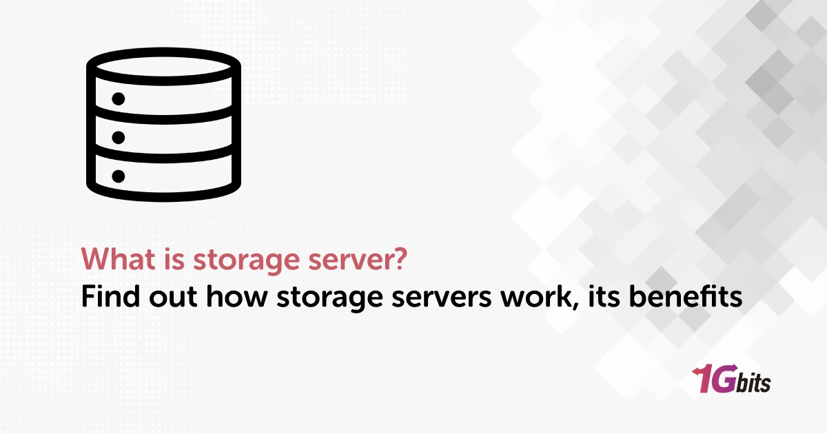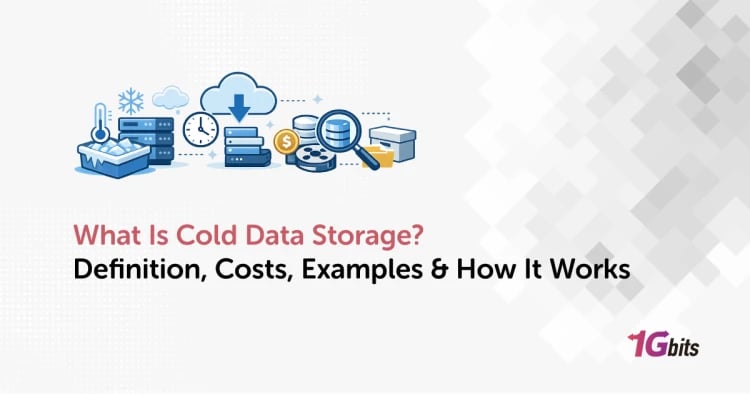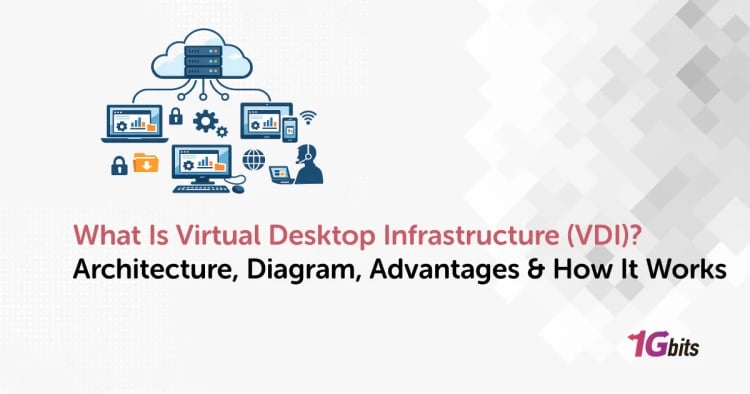A storage server is a powerful and dedicated computer system designed to store, manage, and access large amounts of data. In today's data-driven world, understanding what is storage server is crucial for businesses and individuals alike. A storage server typically offers high storage capacity, reliability, and data redundancy to ensure that valuable information is securely stored and easily accessible.
When considering what is storage server, it's important to recognize its various applications and configurations. A storage server for home can serve as a centralized repository for personal files, media collections, and backup solutions, offering peace of mind and convenience. For businesses, a data storage server provides a robust infrastructure to handle vast amounts of data, supporting operations, analytics, and data security.
Cloud storage servers have become increasingly popular, offering scalable and flexible storage solutions without the need for physical hardware management. Companies can build a cloud storage server to harness the power of cloud computing, ensuring data is available anywhere and anytime. Additionally, the ability to buy storage server solutions from reputable brands like Dell, HP, and Synology ensures a wide range of options tailored to different needs and budgets.
When exploring what is storage server, one must consider the best options for specific use cases of storage server buy. The best storage server for small business might prioritize cost-efficiency, reliability, and ease of use. On the other hand, the best home storage server might focus on media streaming capabilities and simple management interfaces. For those looking to build their own solutions, understanding the best RAID for storage server configurations, the best OS for storage server, and the best Linux distro for storage server can significantly impact performance and reliability.
Building a storage server cloud involves selecting the right storage server chassis, which houses the drives and components, and ensuring proper storage server configuration to optimize performance and capacity. The choice of storage server brands and models will depend on specific needs, with some opting for cheap storage server options that balance cost and functionality.
Storage server companies offer various solutions, from pre-built systems to customizable configurations, allowing businesses to find the best storage server for their requirements. Whether aiming for high-capacity storage server builds or exploring the storage server cost to find a budget-friendly option, understanding the landscape of storage servers is essential.
In conclusion, storage server best, what is storage server encompasses a wide array of solutions and configurations, each tailored to different needs and environments. From storage server capacity to cloud storage server cheap options, the right choice can enhance data management and accessibility, making it a cornerstone of modern digital infrastructure. To buy Storage VPS, you can refer to Buy Storage VPS page.
What is Storage Server?
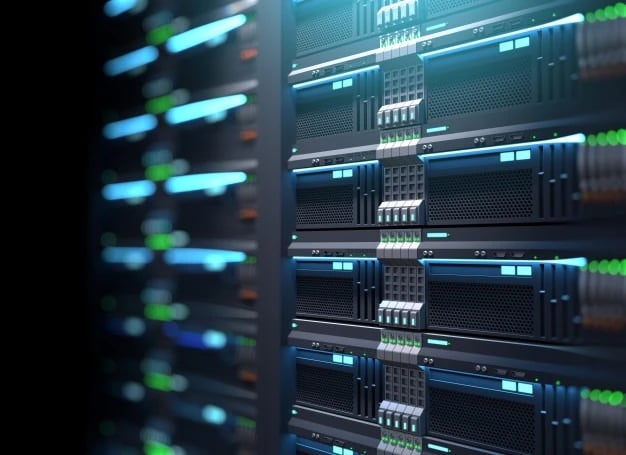
A storage server is a specialized computer system designed to store, manage, and retrieve data efficiently. Understanding what is storage server is crucial in today's digital age, as it plays a vital role in both personal and business computing environments. Whether you are setting up a home network, running a business, or exploring the intricacies of game development platforms like Roblox, knowing what is storage server can significantly enhance your data management capabilities.
When delving into what is storage server, it's essential to understand What is storage server in networking. A storage server in networking acts as a centralized hub where all networked devices can store and access data. This centralization not only makes data management more efficient but also ensures that all users on the network have quick and easy access to necessary files and applications.
In the realm of compute, What is storage server in computer takes on a slightly different meaning. Here, a storage server is integrated into a larger computing infrastructure to provide dedicated storage resources. This is particularly useful in environments that require substantial data processing and storage capabilities, such as data centers and enterprise-level IT systems.
What is storage server used for? The applications are diverse and far-reaching. Storage servers can be used for backing up important data, hosting virtual machines, managing large databases, and even serving as media servers for streaming content. They are indispensable in environments where data integrity, security, and accessibility are paramount.
There are various types of server storage to consider. Network-attached storage (NAS) and storage area networks (SAN) are common examples, each offering unique advantages depending on the specific needs of the user. NAS is typically easier to set up and manage, making it a popular choice for home and small business environments. In contrast, SAN is designed for high-performance and large-scale storage needs, often used in enterprise settings.
In the context of game development, such as with Roblox, what is server storage roblox refers to the mechanisms by which game data is stored and managed. This is crucial for ensuring that players' progress, assets, and game environments are reliably saved and retrieved.
When evaluating storage server examples, consider the server storage capacity and storage server price. High-end models like Dell EMC PowerEdge and HPE ProLiant offer robust performance and scalability but come with a higher price tag. More affordable options like Synology DiskStation cater to smaller needs with impressive functionality.
In summary, what is storage server encompasses a broad spectrum of uses and configurations, from home networking solutions to complex enterprise systems. Understanding its applications in networking, compute, and specific platforms like Roblox can help you choose the right type of server storage for your needs, ensuring efficient, secure, and accessible data management.
For a deeper understanding of the various options available, including considerations for different use cases, explore our article on secondary storage.
Types of Storage Server

Understanding what is storage server is fundamental to comprehending the different types of storage servers available. A storage server is a specialized computer system designed to store, manage, and retrieve data efficiently. This section will explore the various types of storage servers, their unique features, and their applications, providing a comprehensive guide to help you choose the right storage solution for your needs.
Network-Attached Storage (NAS)
When considering what is storage server, Network-Attached Storage (NAS) is one of the most popular types. NAS devices are dedicated file storage systems that connect to a network, allowing multiple users and heterogeneous client devices to retrieve data from centralized disk capacity. NAS is ideal for home and small business environments due to its ease of setup, user-friendly interfaces, and relatively low cost. NAS systems typically support multiple hard drives and provide options for data redundancy and backup.
Storage Area Network (SAN)
Another critical type of storage server is the Storage Area Network (SAN). What is storage server in the context of SAN? A SAN is a high-speed network of storage devices that provides block-level storage, which is crucial for high-performance and large-scale enterprise environments. SANs are designed to handle large volumes of data with low latency and high availability. They are commonly used in data centers and for mission-critical applications that require rapid data access and strong data protection features.
Direct-Attached Storage (DAS)
Direct-Attached Storage (DAS) is another form of storage server to consider. What is storage server in DAS? DAS systems are directly connected to a computer or server without a network intermediary. This type of storage is often used for single-server applications and provides fast data access with minimal latency. While DAS can be cost-effective and straightforward, it lacks the scalability and flexibility of NAS and SAN systems.
Cloud Storage Servers
Cloud storage servers represent a modern approach to understanding what is storage server. These servers are off-premises and accessible over the internet, offering scalability, flexibility, and remote access to data. Cloud storage eliminates the need for physical hardware management and can be a cost-effective solution for both personal and business use. Companies like Amazon Web Services (AWS), Google Cloud, and Microsoft Azure provide robust cloud storage solutions.
Hybrid Storage Solutions
Hybrid storage solutions combine the benefits of NAS, SAN, DAS, and cloud storage, offering a flexible and comprehensive approach to data management. What is storage server in a hybrid setup? It integrates multiple storage technologies to optimize performance, scalability, and cost-efficiency. Hybrid solutions are particularly beneficial for organizations with diverse storage needs, allowing them to balance on-premises and cloud-based resources effectively.
In conclusion, understanding what is storage server is essential for selecting the right type of storage solution. Whether you need the simplicity of NAS, the performance of SAN, the direct access of DAS, or the flexibility of cloud storage, each type of storage server offers unique advantages tailored to different needs. By exploring these options, you can ensure efficient, secure, and accessible data management for your specific requirements.
How Does Storage Server Work?
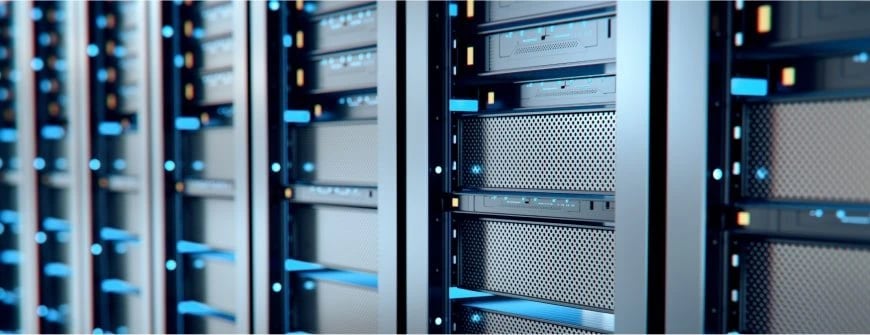
To understand how a storage server works, it's essential to first grasp what is storage server. A storage server is a specialized computer system designed to store, manage, and retrieve large amounts of data efficiently. It serves as a central repository for data, enabling users and applications to access and store information securely. Let's delve into the workings of a storage server to understand its functionalities and significance.
Hardware Components
The foundation of what is storage server lies in its hardware components. A typical storage server includes multiple hard drives or solid-state drives (SSDs) arranged in a RAID (Redundant Array of Independent Disks) configuration for data redundancy and performance improvement. The server also houses a powerful processor, ample RAM, and network interfaces to ensure fast data processing and transfer. The chassis of a storage server is designed to accommodate these components, providing cooling and power management to maintain optimal performance.
Storage Management Software
Central to understanding what is storage server is the role of storage management software. This software orchestrates the data storage and retrieval processes, ensuring data integrity and efficient utilization of storage resources. It provides features such as data deduplication, compression, and tiered storage management. The software also handles RAID configurations, enabling data redundancy and improving fault tolerance. Advanced storage servers may include software for data encryption and access control, enhancing security.
Data Access and Retrieval
At the heart of what is storage server is its ability to provide seamless data access and retrieval. Storage servers use protocols like NFS (Network File System), SMB (Server Message Block), and iSCSI (Internet Small Computer Systems Interface) to communicate with client devices and applications. These protocols enable users to access files and databases over a network as if they were stored locally. The server’s operating system and file system manage the data's organization and ensure quick and reliable access.
Network Integration
To fully understand what is storage server, one must consider its integration within a network. Storage servers are connected to a network via high-speed Ethernet or Fiber Channel connections. They often reside in data centers or server rooms and can be accessed remotely by users and applications. Network integration allows storage servers to serve as centralized data hubs, supporting multiple users and devices simultaneously. This setup is crucial for environments that require shared access to large datasets, such as businesses, educational institutions, and cloud service providers.
Data Redundancy and Backup
A critical aspect of what is storage server is its approach to data redundancy and backup. Storage servers implement RAID configurations to ensure data is mirrored or striped across multiple drives, protecting against hardware failures. Additionally, they often include backup solutions to create copies of data at regular intervals. This ensures that in the event of data corruption or loss, information can be restored quickly and efficiently.
In conclusion, understanding what is storage server and how it works involves appreciating its complex interplay of hardware, software, and network integration. A storage server acts as a robust and reliable data repository, providing secure, efficient, and scalable storage solutions for a variety of applications. Whether used in a home environment, a business setting, or a large-scale data center, storage servers play a crucial role in modern data management and accessibility.
Benefits of Using Storage Servers
Understanding what is storage server is crucial to appreciating the numerous benefits they offer. A storage server is a dedicated system designed to store, manage, and retrieve data efficiently. These servers provide a range of advantages that enhance data management and accessibility for both personal and business use.
Centralized Data Management
One of the primary benefits of using a storage server is centralized data management. By understanding what is storage server, you can appreciate how it consolidates data from multiple sources into a single, centralized location. This makes it easier to organize, access, and manage data, ensuring that users can quickly find and retrieve the information they need.
Enhanced Data Security
What is storage server without robust security features? Storage servers offer enhanced data security through encryption, access controls, and RAID configurations. These features protect sensitive information from unauthorized access and data loss, providing peace of mind that your data is secure and compliant with regulatory requirements.
Improved Performance and Scalability
Another key advantage is the improved performance and scalability that storage servers provide. By understanding what is storage server, you can leverage its ability to handle large volumes of data with high-speed access. Storage servers can be easily expanded by adding more drives or upgrading components, ensuring that they can grow with your data needs.
Cost Efficiency
Using a storage server can also lead to cost efficiency. What is storage server in terms of cost? It allows businesses to avoid the expenses associated with managing multiple disparate storage systems. Consolidating storage into a single server reduces maintenance costs and improves resource utilization, making it a more economical choice in the long run.
Remote Access and Collaboration
Finally, storage servers facilitate remote access and collaboration. By understanding what is storage server, you can see how it enables users to access data from anywhere, fostering collaboration and flexibility. This is especially beneficial for businesses with remote teams or multiple office locations.
In conclusion, understanding what is storage server reveals a host of benefits, including centralized data management, enhanced security, improved performance, cost efficiency, and remote access capabilities. These advantages make storage servers an essential component of modern data management strategies, ensuring that data is secure, accessible, and efficiently managed.
Differences between Storage Server and Storage
To understand the differences between storage server and storage, it's essential to first grasp what is storage server. A storage server is a dedicated system designed to manage, store, and retrieve large amounts of data efficiently. On the other hand, storage generally refers to any device or system used to save data, including hard drives, SSDs, and cloud storage services.
Functionality
What is storage server in terms of functionality? A storage server provides advanced data management features, such as RAID configurations, data redundancy, and secure access controls. In contrast, basic storage devices are primarily used for simple data storage without these advanced capabilities. Storage servers are designed for high performance and reliability, making them suitable for enterprise environments.
Centralization
Understanding what is storage server highlights its role in centralizing data management. A storage server consolidates data from multiple sources into a single system, making it easier to manage and access. In contrast, basic storage devices often function independently, requiring users to manage data across multiple devices without centralized control.
Scalability
When considering what is storage server, scalability is a key factor. Storage servers can be easily expanded by adding more drives or upgrading components, accommodating growing data needs. Basic storage devices, however, have limited scalability and may require complete replacement to increase capacity.
Security
What is storage server without robust security features? Storage servers offer advanced security measures, including encryption and access controls, to protect sensitive data. Basic storage devices typically lack these advanced security features, making them less suitable for storing confidential information.
In summary, understanding what is storage server reveals significant differences from basic storage devices in terms of functionality, centralization, scalability, and security. These distinctions make storage servers an essential choice for robust and efficient data management.
How to Choose a Storage Server that Suits Your Data Needs?
Choosing the right storage server for your data needs begins with understanding what is storage server. A storage server is a dedicated system designed to efficiently store, manage, and retrieve large amounts of data. Here's how to choose one that fits your requirements.
Assess Your Data Needs
First, evaluate your data storage requirements. What is storage server capacity needed for your current and future data? Consider the volume, type, and sensitivity of the data you will store. This will help you determine the storage capacity and security features required.
Determine the Type of Storage Server
Understanding what is storage server will guide you in choosing between types such as NAS (Network-Attached Storage) and SAN (Storage Area Network). NAS is ideal for home and small businesses due to its ease of use, while SAN offers high performance for enterprise environments.
Evaluate Scalability and Performance
When considering what is storage server, think about scalability and performance. Ensure the storage server can grow with your data needs by allowing easy expansion. High-speed data access and processing capabilities are crucial for maintaining efficiency.
Consider Security Features
What is storage server without robust security? Look for features like encryption, access controls, and RAID configurations to protect your data from unauthorized access and hardware failures.
Budget and Cost
Finally, balance your needs with your budget. What is storage server cost that fits your financial constraints? Compare different models and brands to find the best value for your money.
By understanding what is storage server and carefully evaluating your needs, type, scalability, security, and budget, you can choose the perfect storage server to efficiently manage and protect your data.
Concluion
In conclusion, understanding what is storage server is essential in today’s data-centric world. A storage server is a powerful and specialized system designed to store, manage, and retrieve vast amounts of data efficiently. Whether for personal use, small businesses, or large enterprises, knowing what is storage server helps in choosing the right solution to meet diverse data needs. It offers centralized data management, enhanced security, scalability, and cost efficiency. Moreover, understanding what is storage server in various contexts—networking, compute, and cloud—reveals its versatility and critical role in modern data infrastructures. By comprehending what is storage server, you can make informed decisions to ensure your data is secure, accessible, and well-managed, supporting seamless operations and future growth. Embrace the power of storage servers to unlock the full potential of your data management capabilities.
